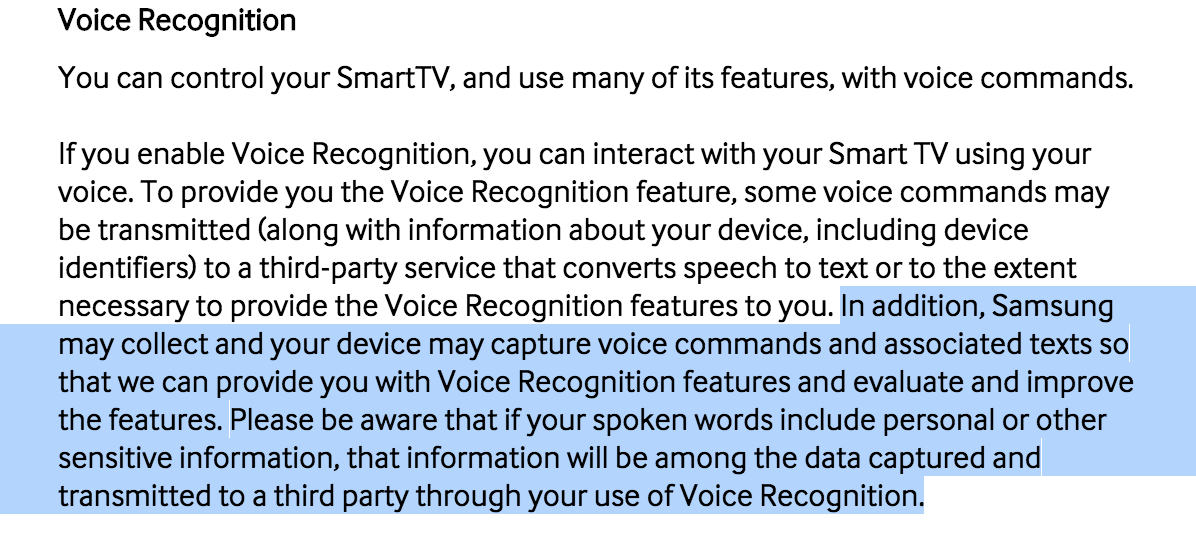
There are people walking over the beautiful spring meadows. Most are just enjoying the beauty of it all, but some are going visiting to each other’s houses. Of those, you discover one or two of them doing things you and your supporters don’t like when they arrive, so you want to stop them.
You issue an instruction to block the fields. Your objective is just, so it must be possible, right? Your bureaucrats get to work on your demand.
They can’t block an open field, so they build a road and block that.
But people go round the roadblock, so they build a fence along the sides of the road too.
But people go round the fence, so they add a fence all around the field.
But people go round the field, so they mandate fences across the whole country. That bad thing you want to stop justifies all the expense and inconvenience, doesn’t it? Building the fences takes several years, but the whole country is now covered in obstacles of various kinds.
But there are now so many miles of fences that they are mostly out of sight of your staff. People just jump over them, so you tell the police start to arrest people who do. That bad thing is so bad you have to act tough, even though most of those people they are arresting are just trying to work round the inconvenience you have caused them for innocuous reasons.
But there aren’t enough police to patrol every fence, so you hire more and more.
But they still can’t arrest everyone, so they recruit informers.
You can’t rely on the informers, so you get them to spy on each other as well.
Turns out you can’t rely on spies, so you add security cameras as well.
You now need an army of spies, analysts and police to watch the security cameras, check on the spies and watch for people jumping fences. This is not about the bad thing you first objected to any more. It’s now about respecting the law for the sake of the law. So your people are arresting everyone regardless of their motives, checking on spies for telling lies, dealing with corruption among your informers, suppressing all the “SJW”s who whine about the loss of freedom and undermining your political opposition who are equally clueless about blocking fields but can see that what you are doing is hugely unpopular.
Congratulations! Your attempt to stop something your supporters disapprove of by mandating the impossible has created a police state. It doesn’t matter how bad the thing you were trying to stop is; people probably agree that it’s a bad thing.
By mandating the impossible, you caused collateral damage that outweighed any benefits, and by associating it with a thing no-one dares defend in public you were able to accidentally destroy society without opposition. And you didn’t notice because you never go for walks in the fields.
Filed under: Censorship, DRM | Tagged: Blocking, Censorship, Freedom, Parable, Rights | 1 Comment »









